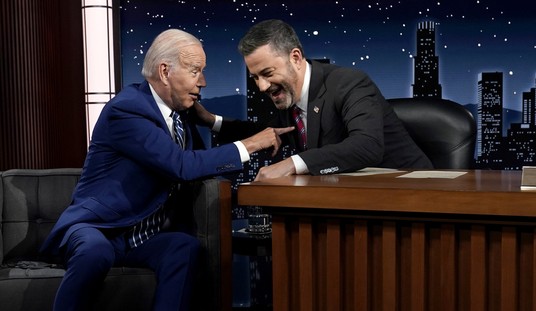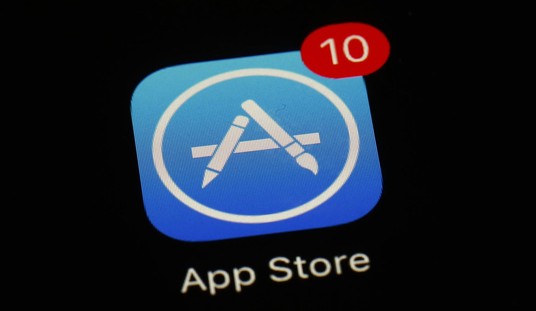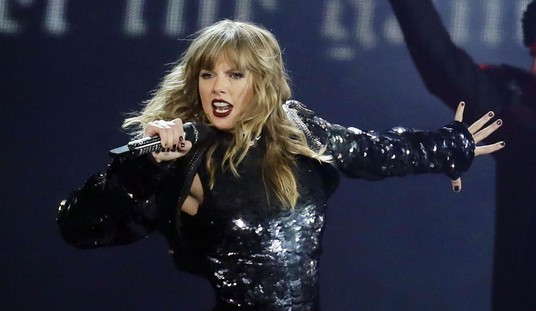Congressional Republicans are in a pretty rough position right now, to put it lightly; at every turn, the Democrats and the media are painting the GOP as the party merely trying to preserve tax loopholes for their billionaire buddies (nevermind that every dollar spent by the government is a dollar not spend much more effectively in the private sector, coming at the opportunity cost of economic growth) and callously cut off benefits for seniors and the poor, all on the backs of the middle class (forget that the Republicans’ real goal is to engender a free, robust economy in which people don’t need to be dependent on such programs). The Democrats are winning the PR battle on that one, as we clearly saw with the results of the November election, and Republicans may find themselves in the position of ceding on the fiscal cliff.
But beyond the fiscal cliff, there are even deeper and more systemic problems that will come to fruition in the all-too-foreseeable future (hint: the entitlement explosion and our tens of trillions in unfunded liabilities), and Louisiana Governor Bobby Jindal makes the case for some ideas for long-term reform in an op-ed today:
Today it’s the fiscal cliff, but that surely will not be the end of it; next year it will be the fiscal mountain, after that the fiscal black hole, and after that fiscal Armageddon. But the truth is Washington already drove us off the fiscal cliff while no one was looking. A nation that has a $16.3 trillion debt, a debt that is larger than our entire economy, has already driven through the guard rail and is in free fall with the cliff somewhere in the rear view mirror. …
Here are a few structural reforms, any one of which would be worth fighting for in this fiscal cliff diving exercise:
• A federal balanced budget amendment. States have balanced budget laws, small businesses have to balance their budgets, and families have to do the same. This is an idea that is supported by virtually every American who does not live in the 202 area code. It’s common sense. It is also laughed at in Washington. When you mention the BBA as a solution, they roll their eyes and write you off as a non-serious person. But the American public is dead serious about it, and they should be.
• Place a cap on discretionary and mandatory federal spending by fixing a limit on it tied to a percentage of GDP. Eighteen percent is a reasonable number in my book, but almost any number would be a victory at this point. Require a super majority vote to over-ride this limit, which would allow for recourse in a time of war or other national emergency. Again, this solution makes far too much sense to be taken seriously in Washington, a sure sign that it’s a good idea. This president is rapidly making a permanently higher level of government spending the new normal. …
A balanced-budget amendment? Quelle horreur! But as Jindal says in his piece, it is all too apparent that “Congress and this administration are psychologically incapable of getting our fiscal house in order without laws that give them no other alternative” — which pretty adequately explains why President Obama is asking to wield a credit card in the United States’ name with no credit limit to speak of. Actually having to have a plan to eventually correct the balance sheet and abide by a mechanism that forces us to have politically difficult conversations? Now, that’s just crazy talk.
Update: I’ve swapped out my initial front-page picture, by popular demand; I didn’t think it was so bad, but I hear ya’!








Join the conversation as a VIP Member